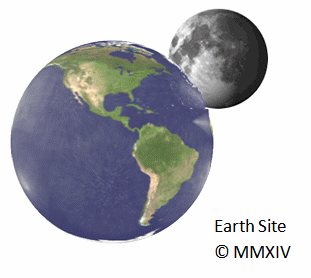


Lithium (from the Greek Lithos meaning Stone)

Atomic Mass: [6.941 (2)] g/mol
Density: 0.534g/cm3
Colour: metallic silver or greyish white
Boiling Point: 1615K (1342°C)
Melting Point: 453.69K (180.54°C)
Lithium was first discovered in the mineral petalite (LiAlSi4O10) by Johann Arfvedson in Sweden 1817.
Lithium is harvested from compounds found in most igneous rocks, clay, brine sources and through electrolysis of compounds like lithium chloride.
Lithium is harvested from compounds found in most igneous rocks, clay, brine sources and through electrolysis of compounds like lithium chloride.
Lithium is a highly reactive and flammable metal like all the alkali metals and is only found in nature as part of a compound. A pure sample of lithium is a metallic silver colour however this very quickly changes into a dull whitish grey or black colour as it reacts with moisture or oxygen in the air. Lithium is the only alkali metal that reacts with nitrogen. To prevent lithium from reacting with other elements it is usually stored in mineral oil which acts as a barrier or protective seal.
In medicine lithium is used to regulate the sodium levels in the muscles and nerves reducing the effects of mania in those that suffer from manic depression or manic episodes.

Lithium helps reduce some of the symptoms associated with the illness such as hyperactivity, insomnia, aggression and other behavioural problems that may stem from the illness. Lithium is normally administered in time release tablets to prevent overdosing and as a last resort or in extreme cases due to the severe side effects connected with this drug. The side effects include nausea, vomiting, diarrheal, drowsiness, muscle weakness, tremor, reduced coordination, blurred vision or ringing in your ears.

Lithium is used in some batteries as the anode and magnese oxide as the cathode, the chemical reaction produces a small charge which is dispersed from the battery. Lithium batteries usually have a longer life than regular alkaline betteries making them ideal for pacemakers and other medical devices. These batteries are more expensive however due to the lithium required.

When placed in a flame Lithium produces a red flame and as it is flammable lithium is ideal for flares or fireworks. It is also used in various compuonds in rocket fuel and as torpedo propellant.
Lithium is also used in the form of lithium peroxide or lithium hydroxide to purify the air in submarines and spacecraft as it is efficient in absorbing carbon dioxide from the atmosphere.
Protons = 3
Neutrons =4
Electrons=3
|
s |
p |
d |
f |
1 |
2 |
|
|
|
2 |
1 |
|
|
|
3 |
|
|
|
|
4 |
|
|
|
|
5 |
|
|
|
|
6 |
|
|
|
|
7 |
|
|
|
|
Absorption Lines

Emission Lines
Proton
Neutron
Electron
